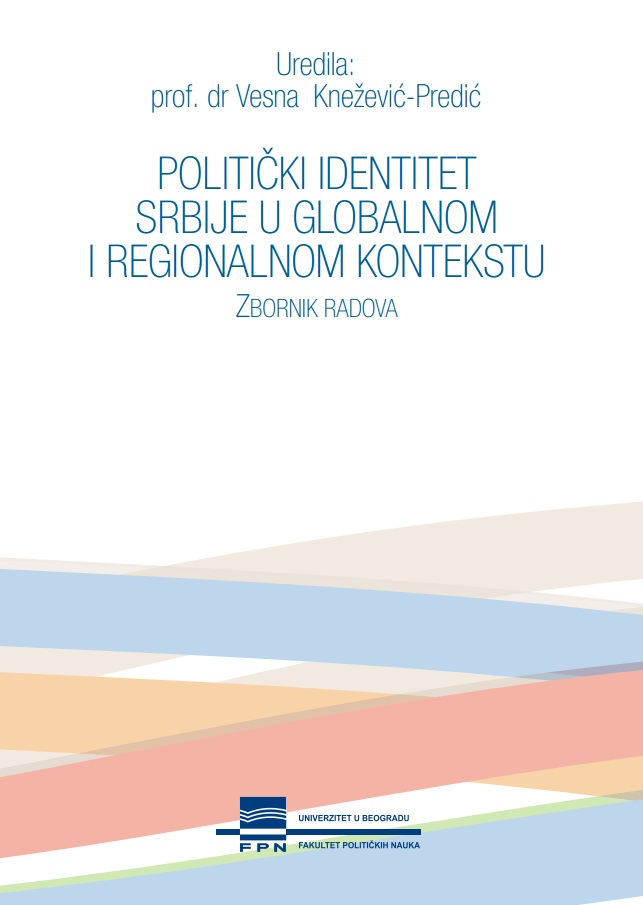Demografske promene i porodična politika
Demographic Changes and Family Policy
Author(s): Marina Pantelić
Subject(s): Family and social welfare, Demography and human biology, EU-Legislation
Published by: Fakultet političkih nauka Univerziteta u Beogradu
Keywords: child; family; demographic changes; family policy
Summary/Abstract: Demographic challenges are becoming priority in political agendas in the 21st century. With a birth rate well below the replacement level for several decades, increasing divorce rates and the increasing number of single parent families, along with greater life expectancy and the growing number of dependent elderly people, family structure is continuously changing. As a result of current demographic changes taking place in the industrialized world, family policies have become a central issue in European countries. Changes in family structures are creating new challenges that should be taken into account in defining family policies and their subsequent implementation. In some countries there is a similarity in terms of these policies and their objectives, while others have specific solutions in this area. The diversity of family patterns requires „modernization“ of family-support policies, which means that the family policy should become more effective in reconciling different objectives. They need to adapt to new forms of family life and meet the needs of „non-standard“ families. The aim of this paper is to analyze the impact of demographic changes on the family structure and relationships, as well as to outline the most relevant family policies in Europe and make recommendations for their development, implementation and evaluation.
Book: Politički identitet Srbije u globalnom i regionalnom kontekstu
- Page Range: 363-375
- Page Count: 13
- Publication Year: 2015
- Language: Serbian
- Content File-PDF

